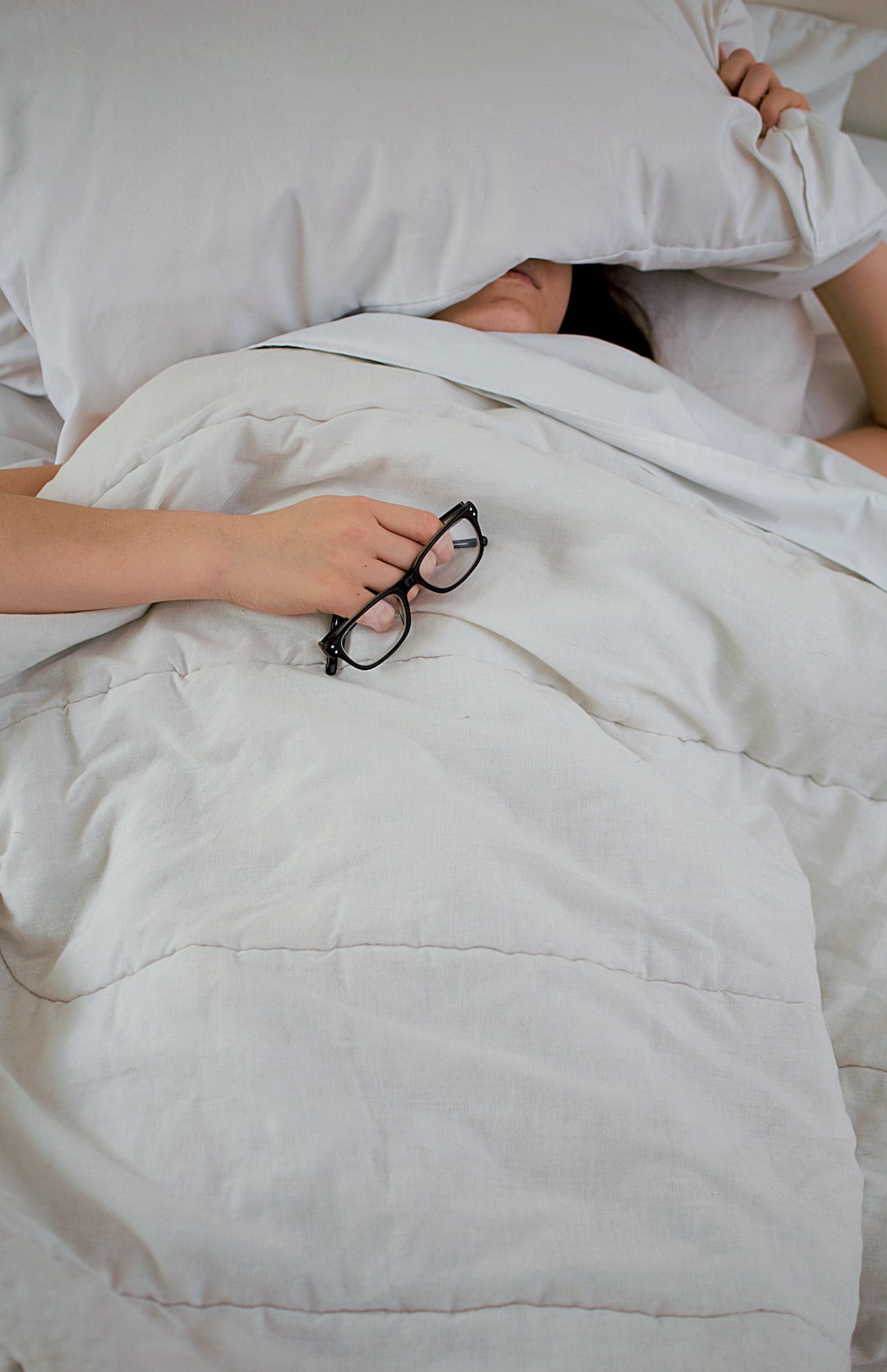Welcome to Reliv Shop, where we believe that better aging starts with better sleep! As we age, our bodies undergo numerous changes, and one of the most significant areas affected is our sleep patterns. Getting a good night's sleep becomes increasingly challenging, leading to fatigue, irritability, and a host of other issues. But fear not, because we are here to help you unlock the secrets to improving sleep quality for better aging!
The Importance of Quality Sleep
Before we dive into the tips and tricks, let's take a moment to appreciate the importance of quality sleep. Sleep is not just a luxury; it is a fundamental pillar of our overall well-being. It plays a vital role in our physical health, mental clarity, and emotional balance.
When we sleep, our bodies recharge and repair themselves. Adequate sleep helps boost our immune system, improves memory and concentration, and even regulates our appetite. In short, quality sleep is the secret sauce for better aging!
Understanding the Challenges
As we age, our sleep patterns change. You may find it harder to fall asleep, experience more frequent awakenings during the night, or wake up earlier than desired. These changes can be attributed to various factors, including hormonal shifts, medical conditions, stress, and lifestyle choices.
One of the most common sleep disorders among older adults is insomnia. Insomnia can manifest as difficulty falling asleep, staying asleep, or having non-restorative sleep. It can leave you feeling groggy, lethargic, and significantly impact your quality of life.
Tips to Enhance Your Sleep Quality
Now that we understand the importance of quality sleep and the challenges that come with aging, let's explore some practical tips to improve your sleep:
1. Create a Sleep-Friendly Environment
Your sleep environment plays a crucial role in the quality of your sleep. Ensure your bedroom is cool, dark, and quiet. Invest in comfortable bedding and a supportive mattress. Consider using earplugs or a white noise machine to drown out any disruptive sounds.
2. Establish a Consistent Sleep Routine
Our bodies thrive on routine, so aim to go to bed and wake up at the same time every day, even on weekends. This helps regulate your body's internal clock, making it easier to fall asleep and wake up naturally. Be patient; it may take a few weeks for your body to adjust to the new routine.
3. Limit Stimulants and Screens
Avoid consuming caffeine or alcohol close to bedtime, as they can interfere with your sleep. Additionally, limit your exposure to screens, such as smartphones, tablets, or TVs, before bed. The blue light emitted by these devices can disrupt your sleep patterns.
4. Engage in Relaxation Techniques
Before bedtime, engage in activities that promote relaxation and help you wind down. This could include reading a book, taking a warm bath, practicing gentle yoga, or listening to calming music. Find what works best for you and make it a part of your nightly routine.
5. Stay Active
Regular exercise is not only essential for your overall health but also for improving sleep quality. Engaging in physical activity during the day helps regulate your body's internal clock and promotes deeper, more restful sleep. Just remember to avoid vigorous exercise close to bedtime, as it can have the opposite effect.
6. Mind Your Diet
What you eat can have a significant impact on your sleep. Avoid heavy meals, spicy foods, and excessive fluid intake before bed, as they can cause discomfort and disrupt sleep. Instead, opt for light, sleep-friendly snacks like a small bowl of oatmeal or a banana.
7. Manage Stress Levels
Stress and anxiety can wreak havoc on your sleep quality. Find healthy ways to manage stress, such as practicing mindfulness, deep breathing exercises, or journaling. If you find it difficult to cope with stress on your own, consider seeking support from a therapist or counselor.
8. Invest in Sleep Aids
If you've tried everything and are still struggling with sleep, it may be worth exploring sleep aids. Consult with your healthcare provider to discuss potential options that may be suitable for you. Remember, sleep aids should only be used as a last resort and under medical supervision.
Wake Up to a Brighter Future
By implementing these tips and tricks, you can enhance your sleep quality and unlock the secrets to better aging. Remember, improving your sleep is a journey, and it may take time to find what works best for you.
So, say goodbye to restless nights and hello to rejuvenating sleep! Embrace the power of quality sleep, and wake up to a brighter future where you can age gracefully and live life to the fullest!

